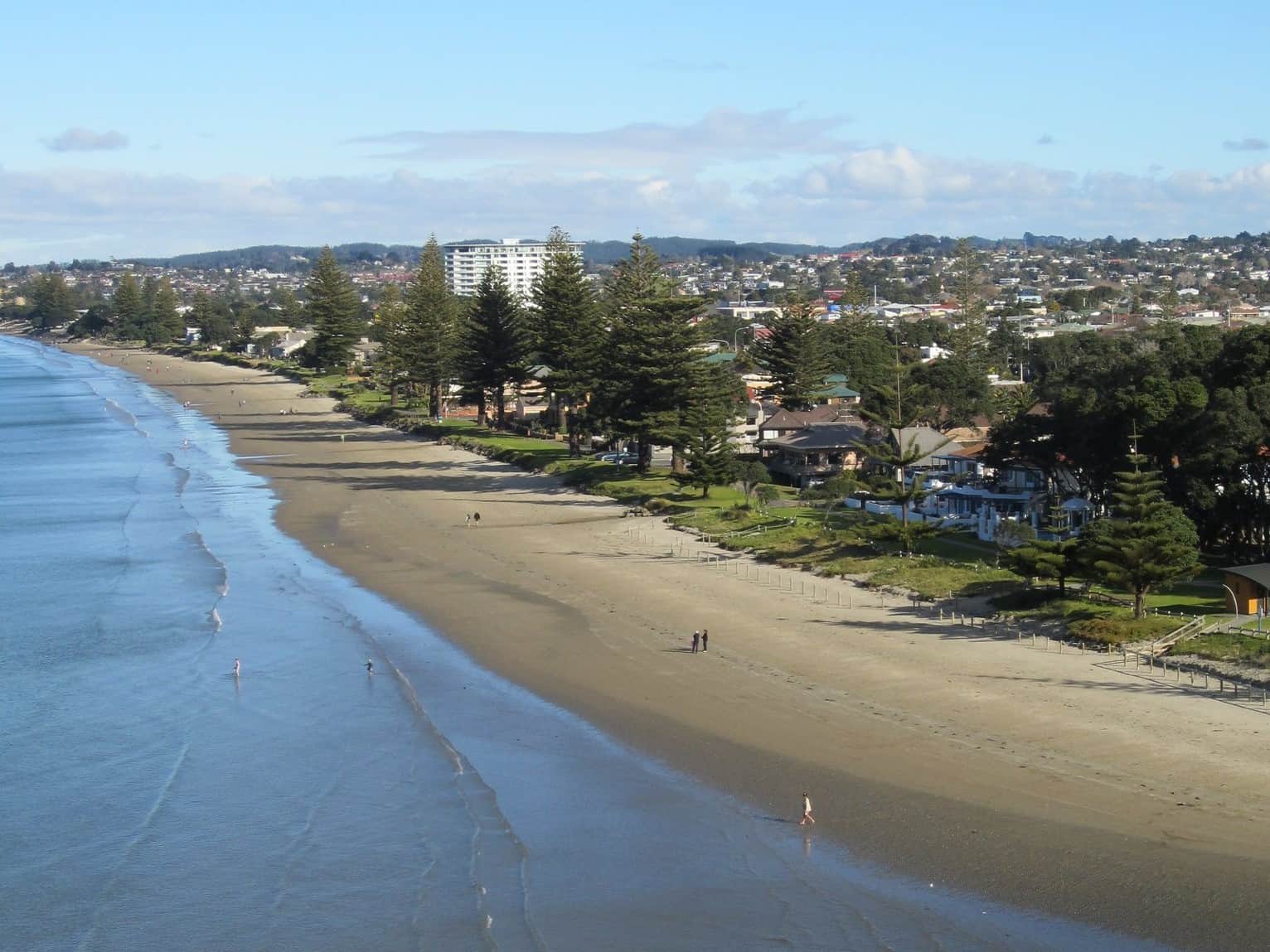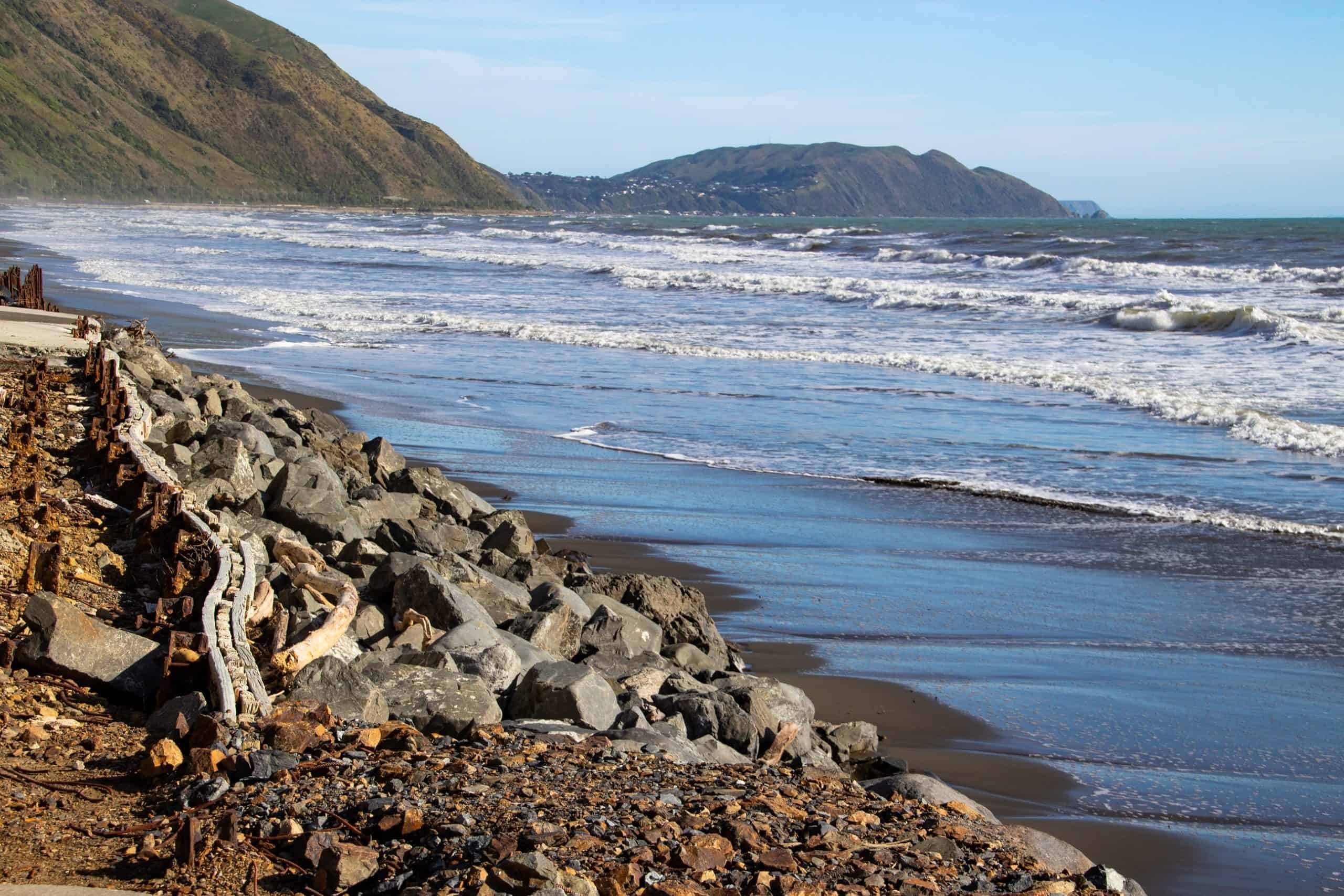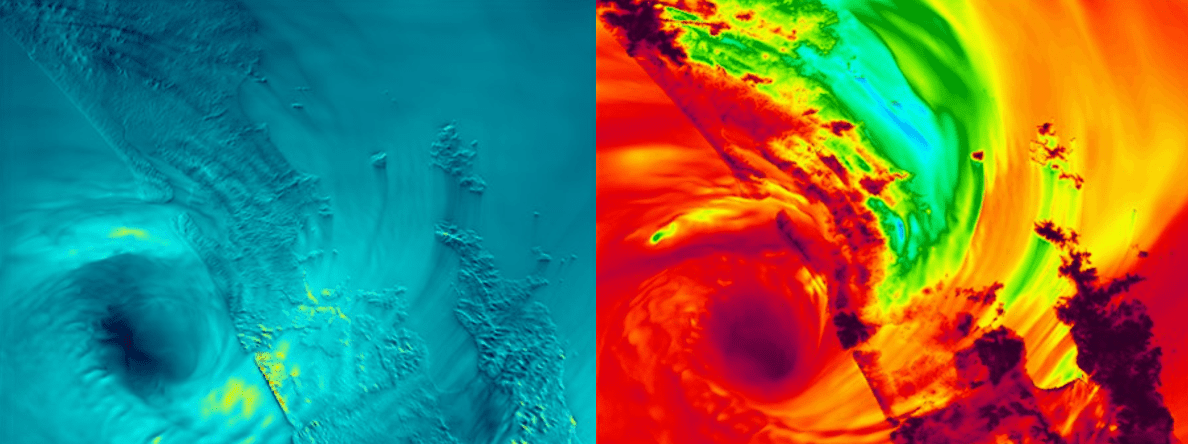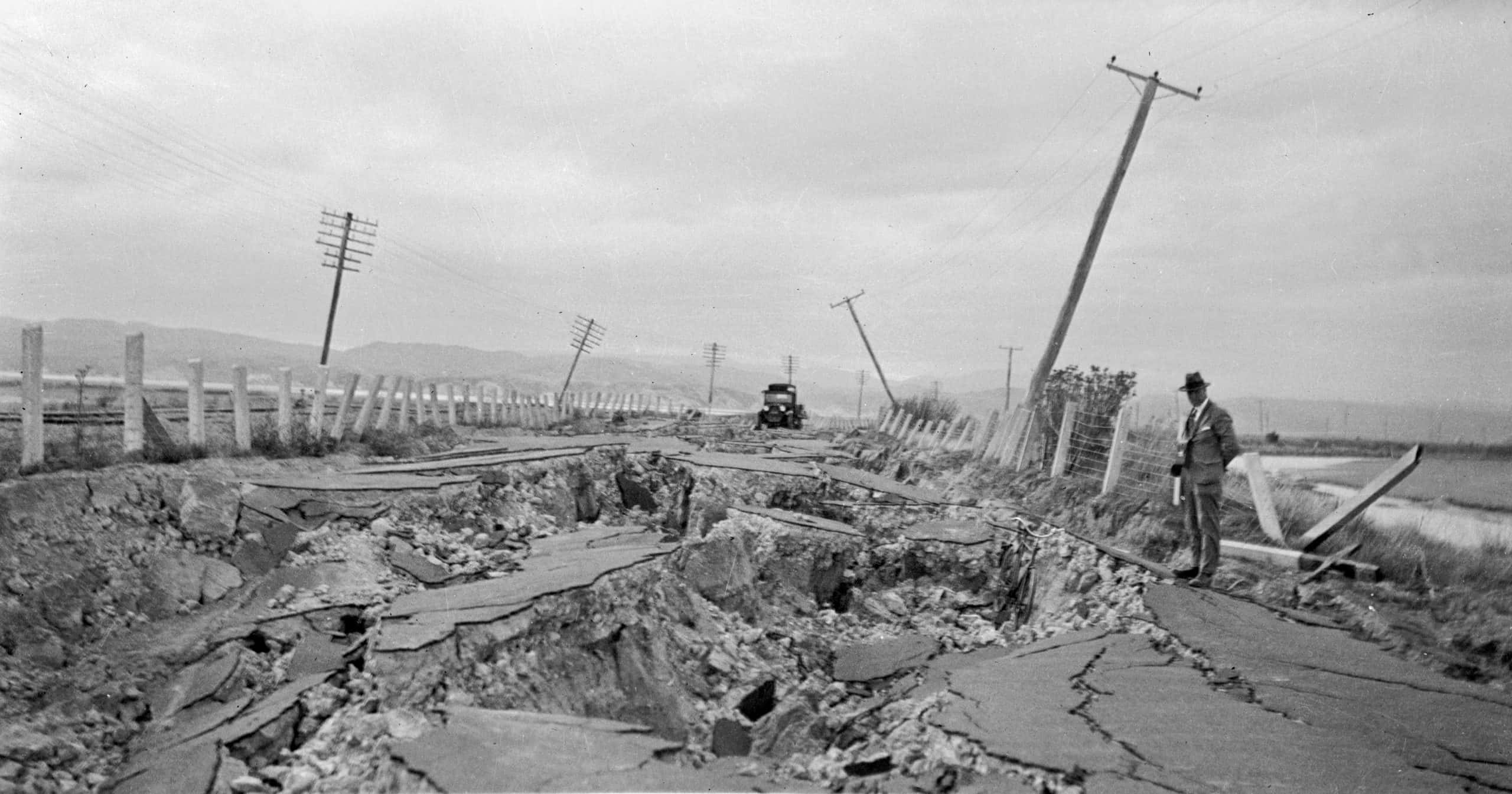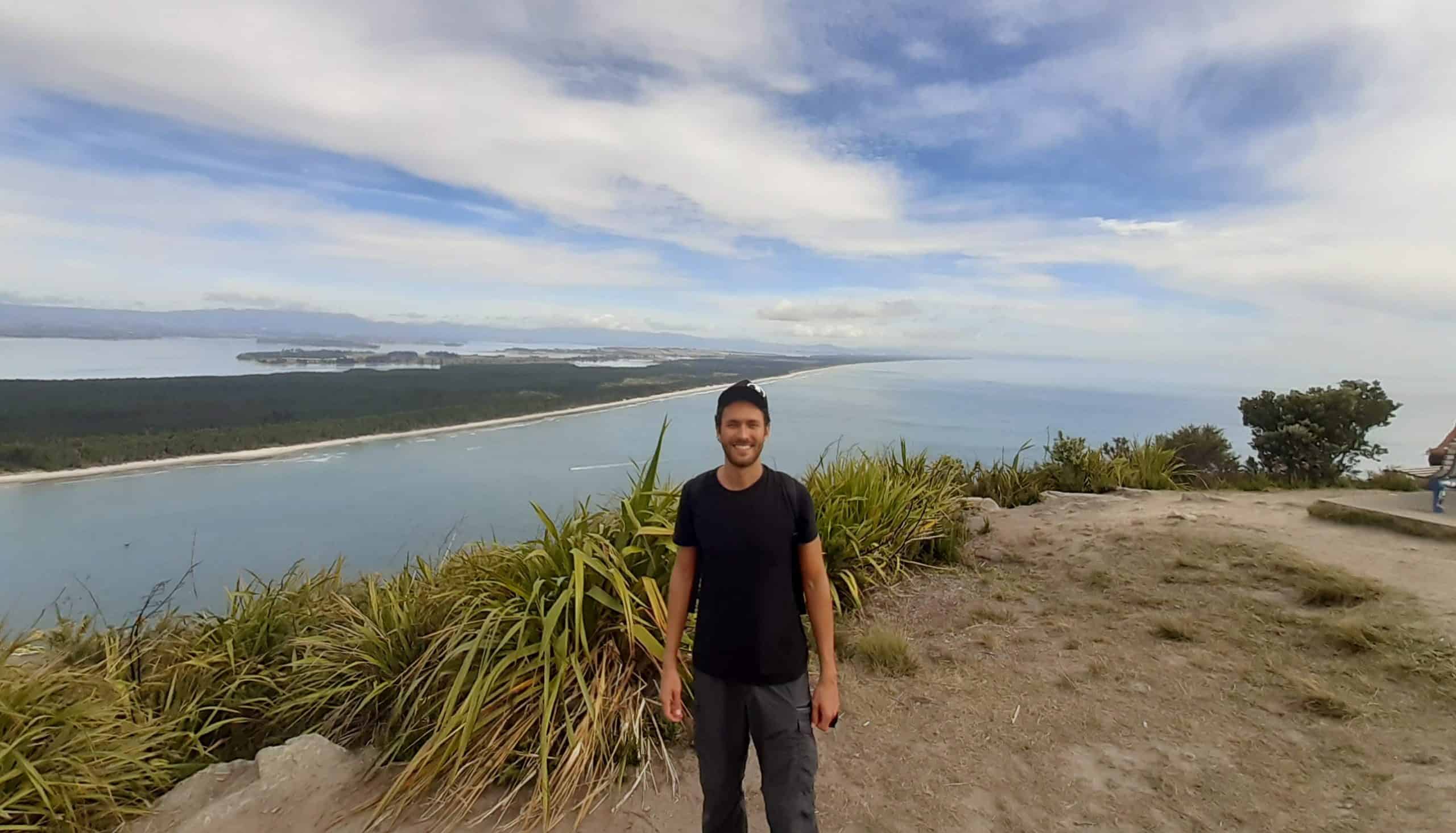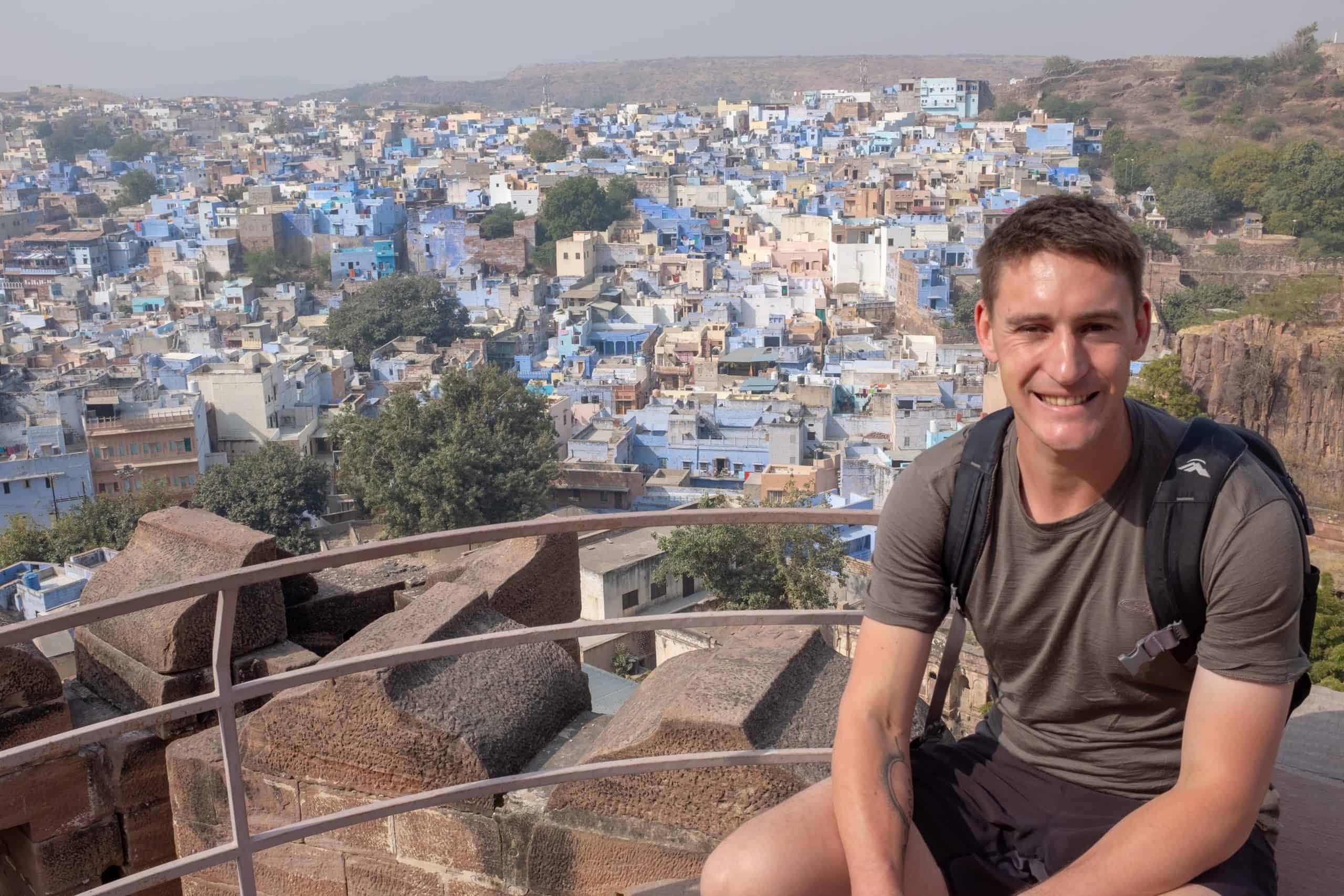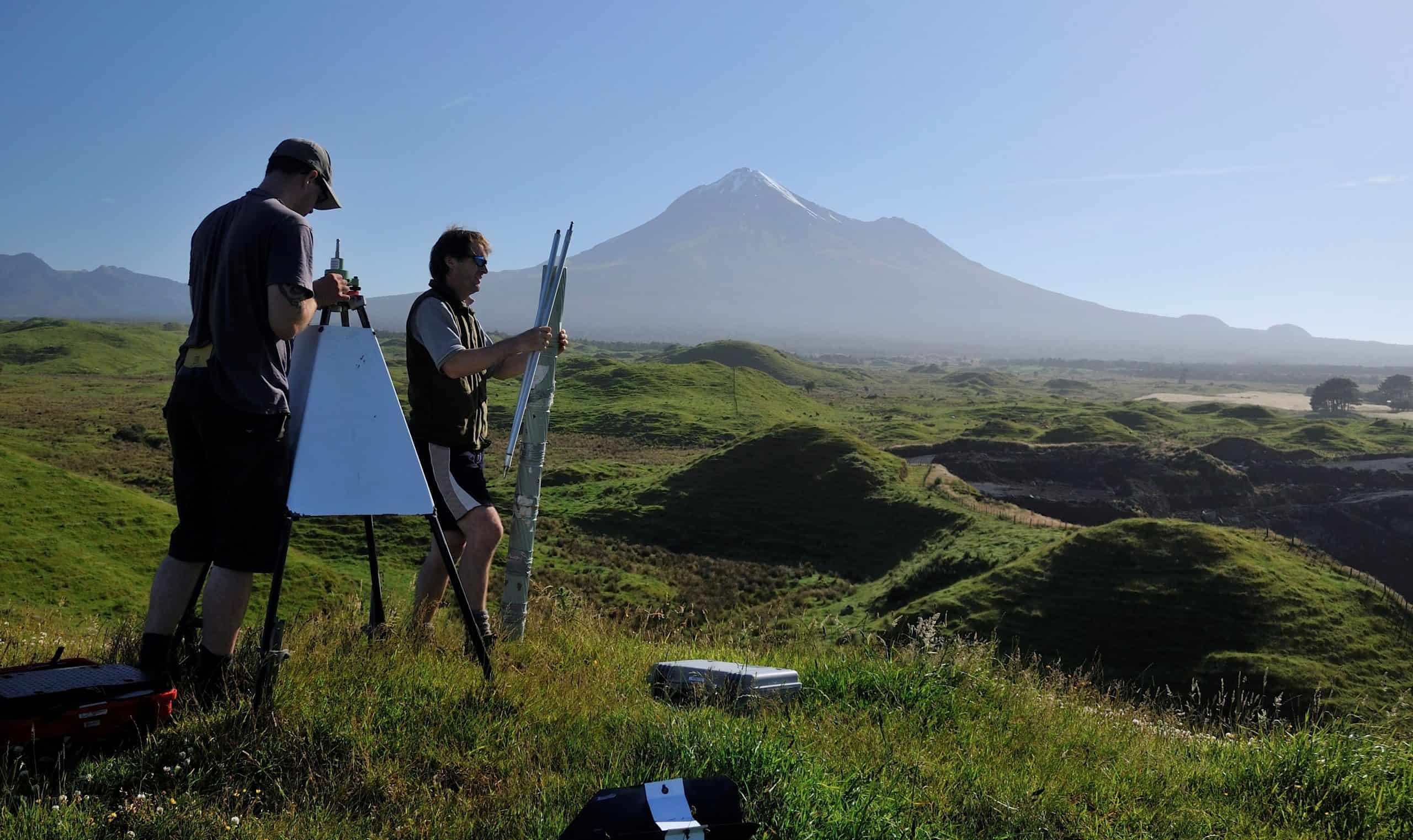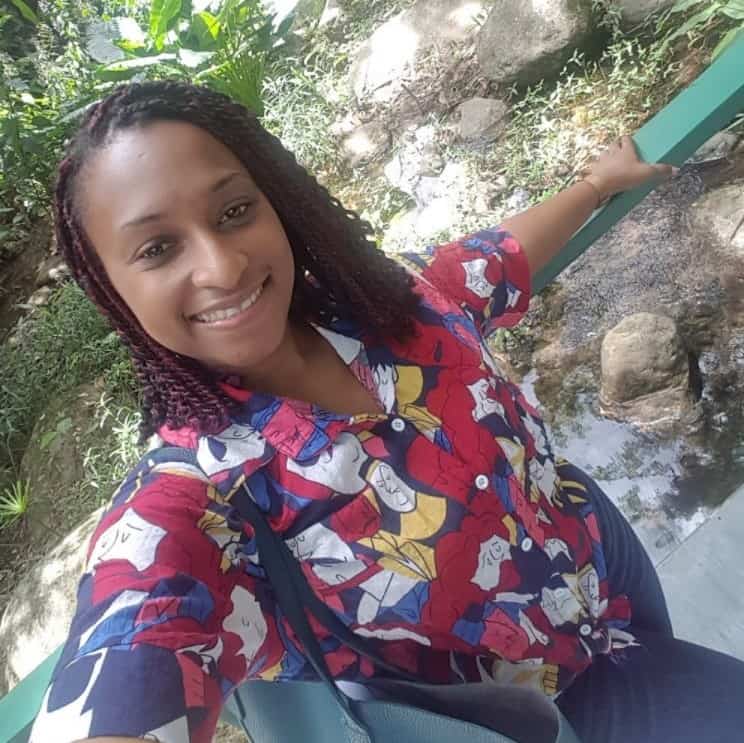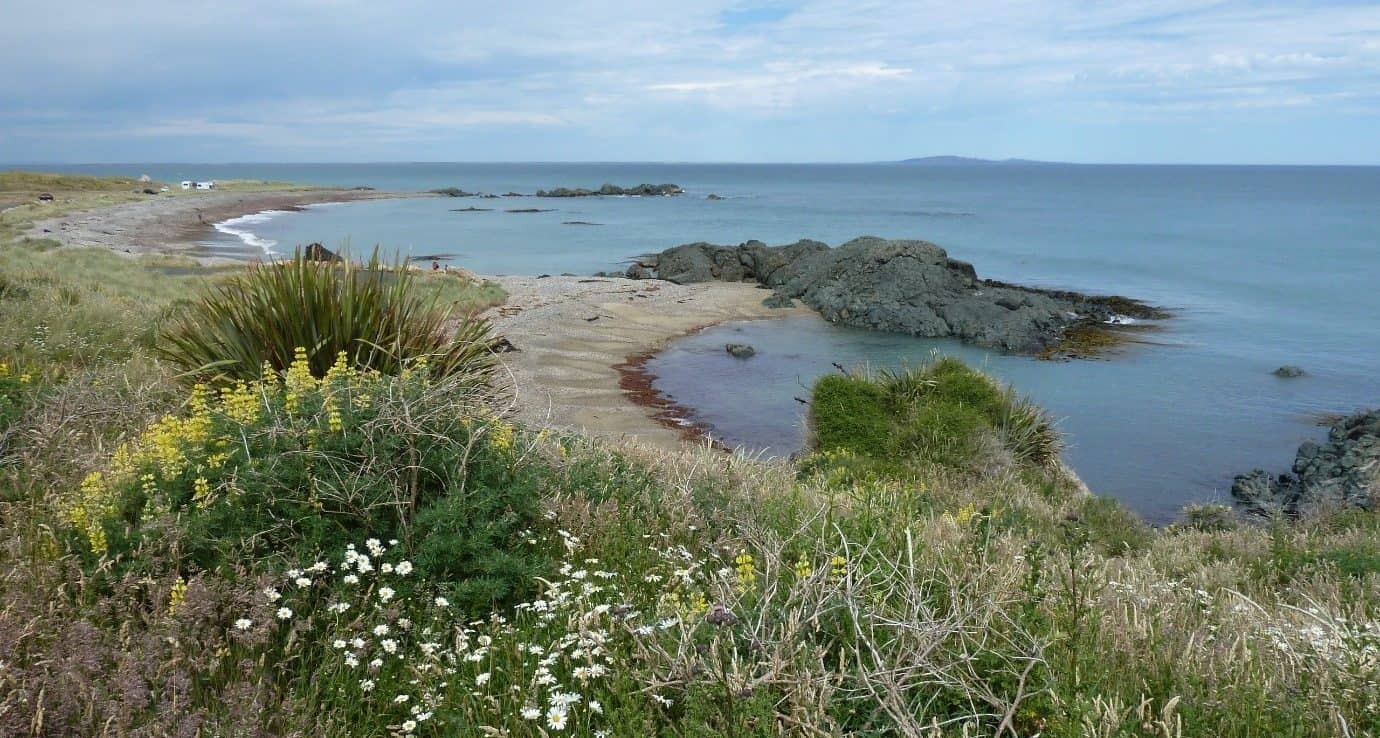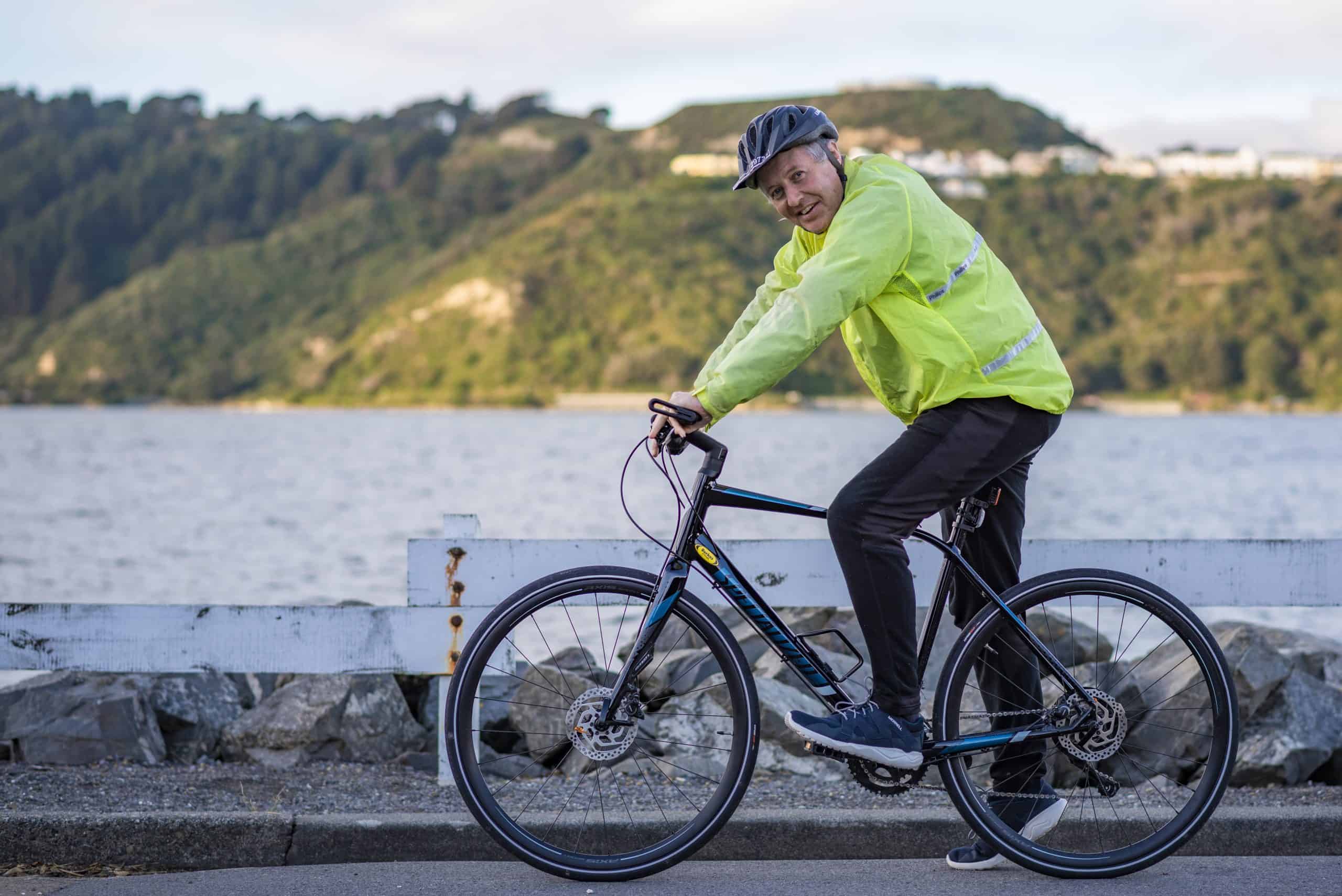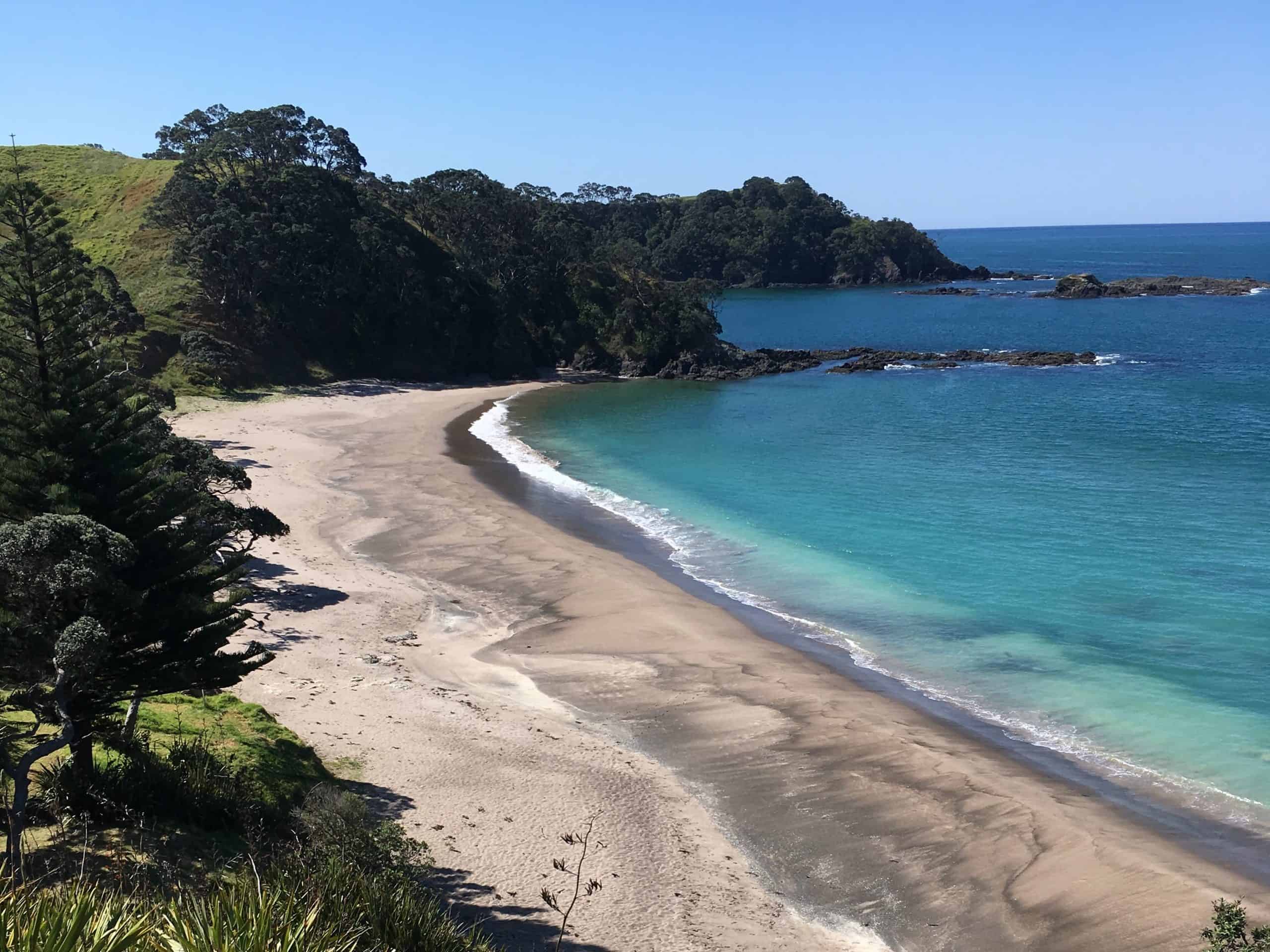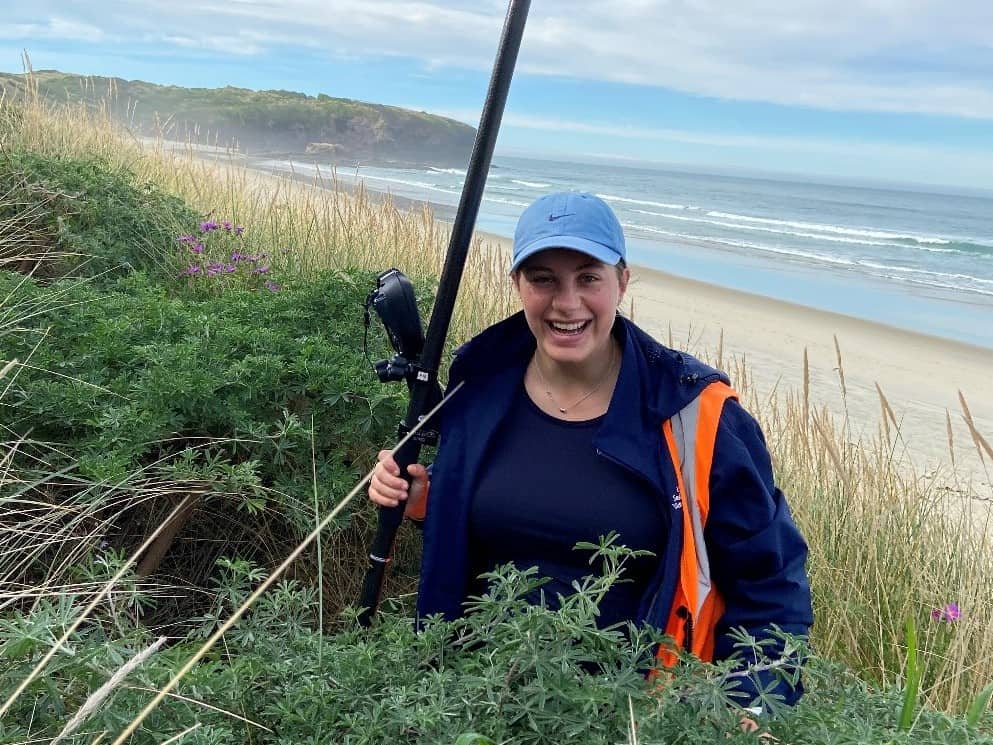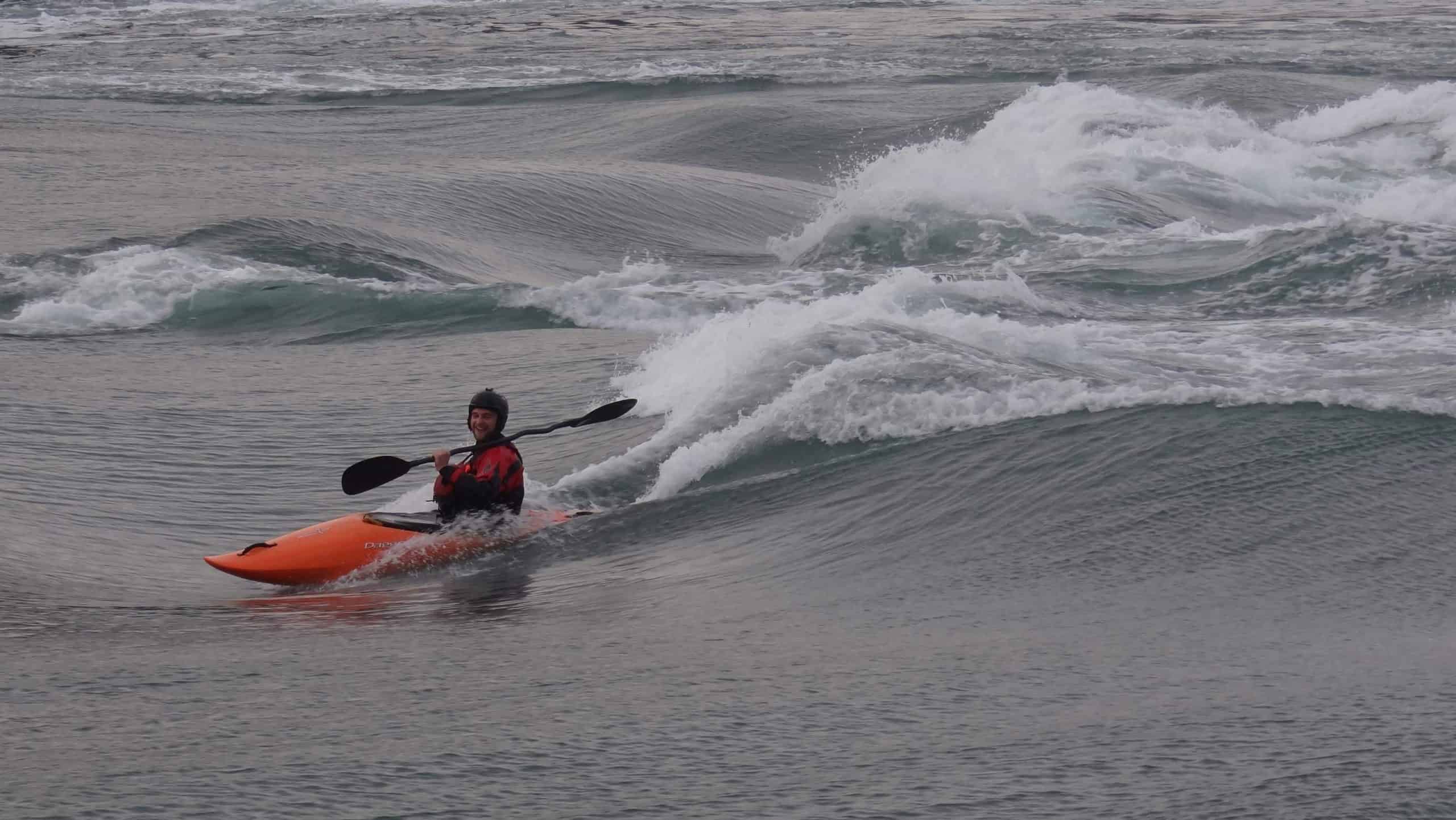Interdisciplinary science is an approach well suited to natural hazards research. It is almost never the case that an exclusively engineering, social, or geological research output is the solution to a resilience need. Multiple perspectives and diverse knowledge must be integrated to facilitate change and achieve impact. The coordination necessary for success requires leadership by […]
Impact case study 2019-20: Science for resilience policy and practice
In 2019-20 we saw several examples of direct application of Resilience to Nature’s Challenges (RNC) research findings into policy and practice. The GNS Science report Reducing risk through the management of existing uses: tensions under the RMA by Emily Grace, Ben France-Hudson and Margaret Kilvington, was primarily funded by our Phase 1 contestable fund. The report looks […]
Impact case study 2019-20: Models and tools for decision-making
How did Resilience Challenge research have an impact in 2019-2020? Central to our mission to accelerate natural hazard resilience is the development of new models and tools to quantify hazards and impacts in more realistic ways, providing better assessments of resilience options to decision-makers. Development of new models is iterative, requiring repeated testing and validation, […]
Charting risk governance trends in New Zealand
How can we chart the future by unpacking what has influenced us to date? By Prof Iain White There’s a lot of research looking at how individuals perceive and respond to natural hazard and climate risks and how this changes in response to signals, we wanted to do the same for a country. So how […]
High resolution ex-tropical cyclone modelling
What if ex-Tropical Cyclone Cook had hit Auckland? By Dr Richard Turner Many of the objectives of the Resilience Challenge Weather & Wildfire programme are highly dependent on creating ultra-high resolution, multi-hazard weather models. Part of the work involves the modelling of credible ‘what-if’ scenarios such as what if the path of ex-Tropical Cyclone Cook […]
Student profile: Wagner Costa
Predictors for estuarine flooding in New Zealand I am currently in my first year of my PhD in Earth Sciences at Waikato University’s Coastal Marine research group, supervised by Professor Karin Bryan and two co-supervisors: Giovanni Coco (The University of Auckland) and Scott Stephens (NIWA). I’m from an island in the southern part of Brazil, […]
Student profile: Finn Scheele
Modelling post-disaster habitability and population displacement Beginning my life in the geologically active environment of Hawke’s Bay likely had an influence on my path leading to writing this profile. Living in Napier, I have strong memories of the frequent earthquakes we would experience, reminding us of the destructive earthquake of 1931. I was also fascinated […]
Q & A with Prof Andy Nicol
Q. Tēnā koe Andy. Can you tell us a bit about how you got into geology, and how your research career has progressed? I feel incredibly fortunate to have a career in research and teaching. I was encouraged by my family to attend university at a time when there were few financial barriers and, as […]
Tsunami preparedness in Orewa
By Dr Caroline Orchiston A team of Resilience Challenge researchers have been working in the Auckland suburb of Orewa to support a citizen science initiative focused on tsunami risk. Orewa is a low-lying community with many people living within one kilometre of the coast, and is the most exposed community to tsunami in the Auckland […]
Student profile: Anna-Kay Spaulding
Student profile: Anna-Kay Spaulding Agbenyegah Post-disaster recovery from a high-impact weather event in Auckland I am currently a PhD candidate in Disaster Management at Massey University’s School of Construction and the Built Environment. I am an outgoing nature lover, who loves to read religious books and have a great interest in travelling. I was born […]
Opportunities for early warning systems: A review
Opportunities for early warning systems: A review By Marion Tan and Sara Harrison Background We are with the Joint Centre for Disaster Research, working as a postdoctoral researcher and PhD candidate respectively. We were invited by Resilience to Nature’s Challenges to complete a review of emerging technology and trends for early warning systems. The paper […]
Student profile: Lucy Kaiser
Student profile: Lucy Kaiser Investigating tangata whenua views and responses to climate change Ko Tākitimu te māunga Ko Aparima te awa Ko Te Ara a Kiwa te moana Ko Ngāi Tahu te iwi Ko Takutai o te tītī te marae No Ōtautahi ahau Ko Lucy Kaiser ahau I am currently in my first year of […]
Q & A with Dr Richard Turner
Q & A with Dr Richard Turner Q. Tēnā koe Richard. Can you tell us about how you got into meteorology? Have you always been fascinated with weather? Kia ora. Yes, I have always been very interested in weather since being a kid growing up in South Otago – my first day of school was […]
Aotearoa New Zealand’s changing coastline
Aotearoa New Zealand’s changing coastline By Emma Ryan, Mark Dickson and Murray Ford In partnership with Northland Regional Council, researchers within the Coastal programme have been busy mapping Northland’s shorelines using historical imagery to explore patterns of coastal erosion, accretion and stability. Starting in Northland, this is the first step in our national-scale project that […]
Urban Resilience Innovation & Collaboration Hub
Urban theme Urban Resilience Innovation & Collaboration Hub 8/6/2020 It is our pleasure to announce the call for applications for the newly established Urban Resilience Innovation & Collaboration Hub. The purpose of the fund is to support research and research-related activities that seek to promote urban resilience in New Zealand. The fund will provide up […]
Resilience Challenge welcomes new partners
Resilience to Nature’s Challenges National Science Challenge is thrilled to welcome two new Challenge Parties on board. Manaaki Whenua – Landcare Research and the University of Waikato have recently joined the Challenge for their Phase 2 research programme. The mission of the Challenge is to accelerate Aotearoa New Zealand’s resilience to natural hazards through innovative, […]
The retreat of ‘two waters’ infrastructure in Petone
The retreat of ‘two waters’ infrastructure in Petone May 2020 By Rick Kool From the Netherlands to Petone… I’m originally from the Netherlands where a large part of the country is under sea level, so waterhas always been an important part of my life. I studied my Civil Engineering degree in the southwest delta of […]
Student Profile: Maddie Brown
Student Profile: Maddie Brown Exploring Vegetation Controls on Foredunes And Their Response to Climate Change June 20202 A bit about me Summer for most Australians is usually described as days by the beach, snags on the barbie, and unforgiving sunburns. For me, this is the best way to spend summer, I love being at the […]
Student Profile: Ben Collings
Student Profile: Ben Collings Identifying coastal change at the national scale in New Zealand through the application of remote sensing data and techniques May 2020 A bit about me I’m from the UK and grew up outside a small town called Fordingbridge on the edge of The New Forest, a beautiful national park in southern […]
Report on reducing natural hazard risk receives prestigious award
A ground-breaking report focused on reducing natural hazard and climate change risk under the Resource Management Act has been awarded the New Zealand Planning Institute’s John Mawson Award of Merit for 2020. The GNS Science report Reducing risk through the management of existing uses: tensions under the RMA by Emily Grace, Ben France-Hudson and Margaret Kilvington was […]
